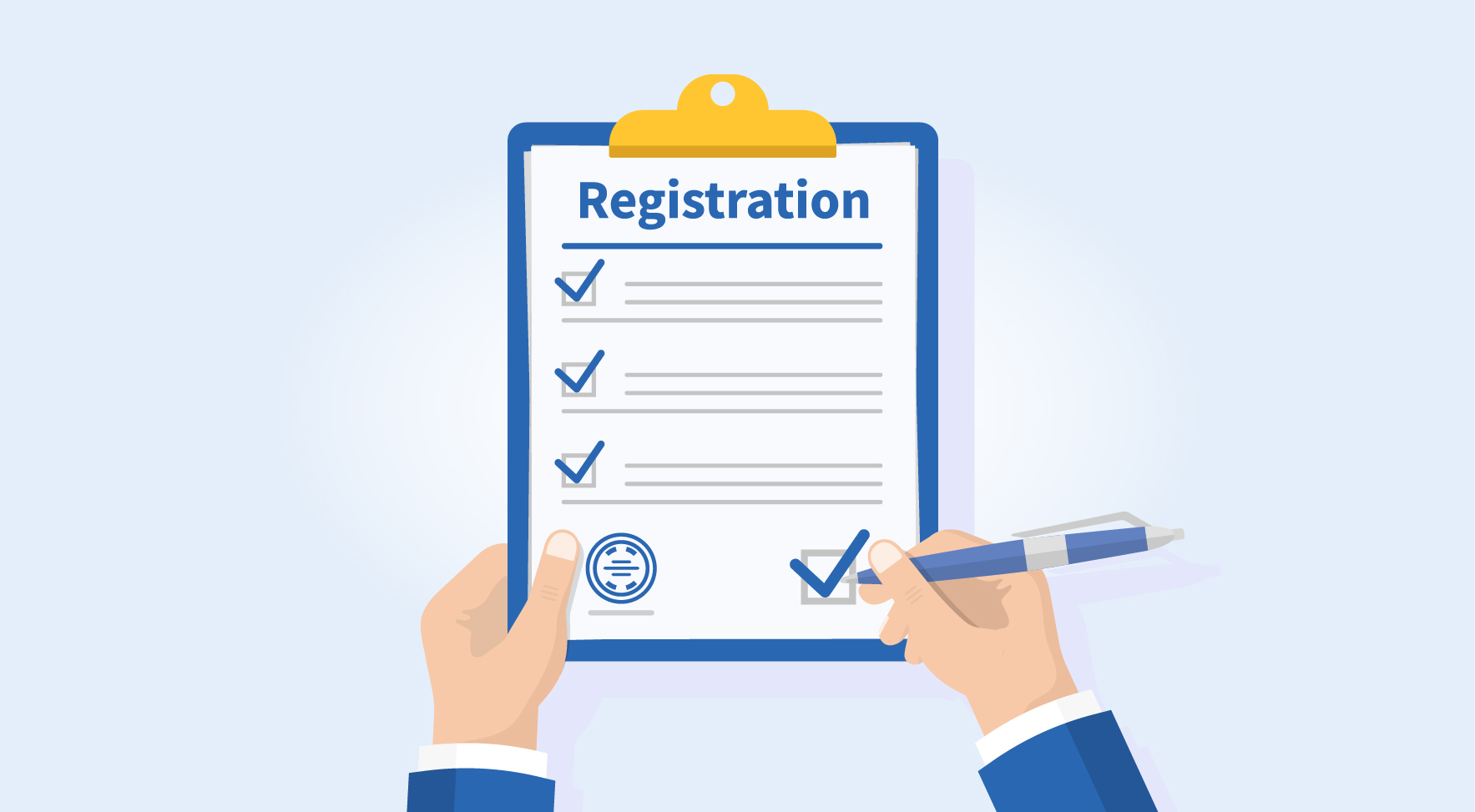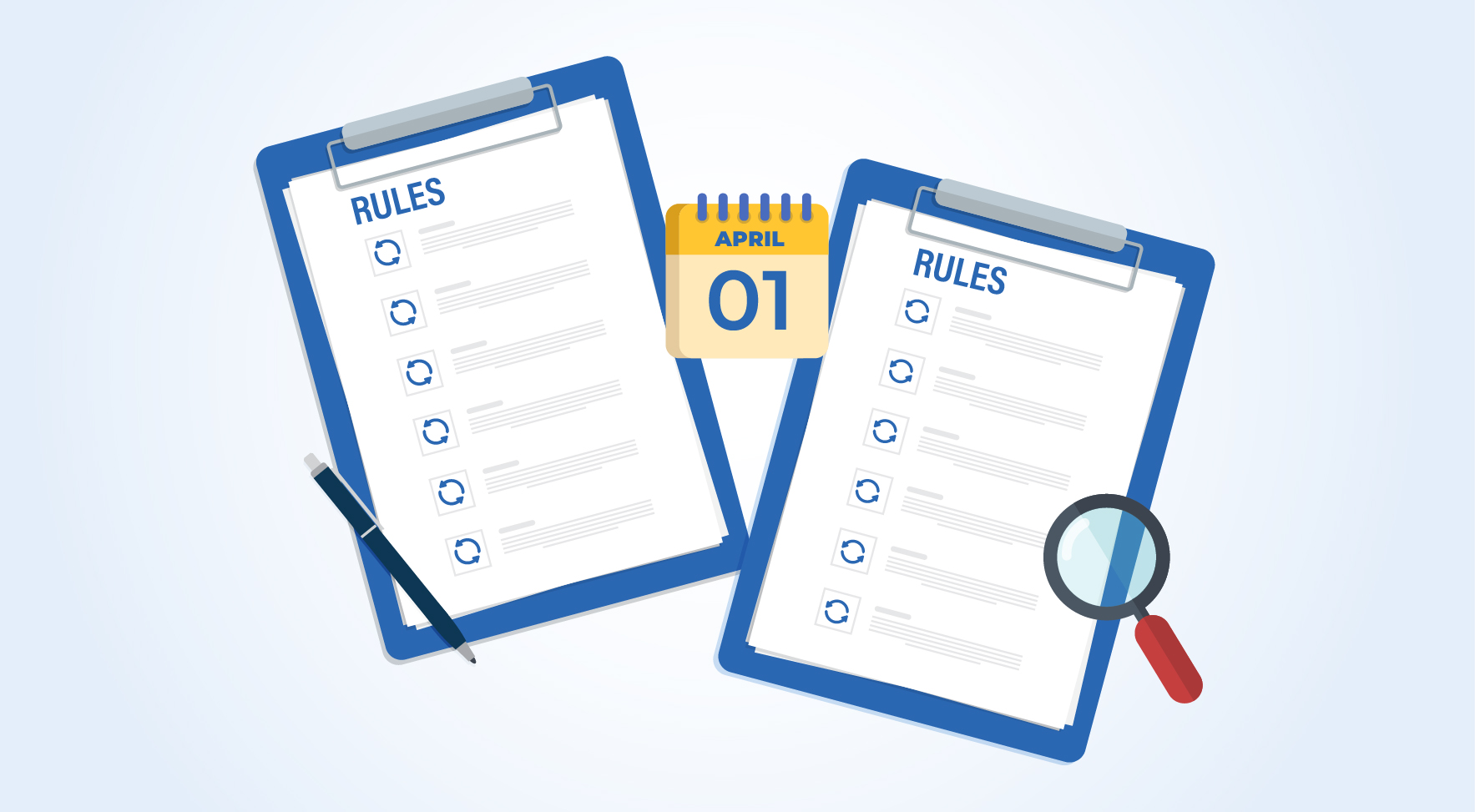Tally Solutions |Updated on: January 18, 2022
What is the documentary evidence required to carry forward excise duty paid in the GST era?
In case you have purchased excisable goods, directly from the manufacturer / 1st stage dealer / 2nd stage dealer, you will have an invoice with the excise duty paid mentioned – that will serve as documentary evidence. However in the case of goods purchased from a wholesaler, where there is no invoice available, getting the 60% / 40% credit becomes a challenge. In order to combat all these challenges, the GST law has come up with the concept of “Credit Transfer Document”. As per this, an excise registered manufacturer may issue a Credit Transfer Document evidencing the payment of excise duty, to a registered dealer who is not registered under excise but is liable to pay CGST under the GST regime. To understand more, please refer to our blog - Input Tax Credit
I have 5 establishments within 1 state - do I need single registration or multiple registrations?
For all business establishments within a single state, a single registration is sufficient. However, a person having multiple business verticals in a State may obtain a separate registration for each business vertical. Subject to conditions, as may be prescribed. To know more, about single registration and other positive impact points on manufacturers.
I have establishments across multiple states – do I need single registration or multiple registrations?
For each state, in which you have your business establishments, you will need to take a separate registration, irrespective of whether you are dealing in goods or services. To understand the impact of GST on the wholesale market spread across multiple states, please refer to our blog - How will GST Transform the Indian Wholesale Market?
How many businesses can I register under 1 GSTIN?
You may register multiple businesses under the same GSTIN registration, provided they are all within the same state. However, there is always an option to take multiple registrations for businesses within the same state, but belonging to different business verticals. However, if businesses are spread across multiple states, each state will require separate GSTIN registration. To know more about GSTIN, and its applicability in the business process, refer to our blog - GST Invoice
What are the charges for registration?
No charges for registration is required. To understand more about the process to obtain a fresh registration, please refer to our blog - Step-by-Step New GST Registration Guide
How is job work taxed under GST?
Job work as such is not taxable under GST - provided the Principal takes back the goods provided for job work from the job worker OR completes supply of the goods from the premises of job worker, within the time period of 1 year from the time of supply. Failing this, GST on the goods supplied, will have to be borne by the Principal. To understand more about job work and similar special supplies under GST, please refer to our blog - http://blogs.tallysolutions.com/supply-determine-goods-services/
What is the time limit for issuing invoices under GST?
The GST law has defined the time limit for issue of GST tax invoices, revised bills, debit notes and credit note. The following are the due dates for issuing an invoice to customers:
- Supply of Goods (normal case) - On or before the date of removal/ delivery
- Supply of Goods (Continuous Supply) - On or before the date of issue of account statement/ payment
- Supply of Services (normal case) - within 30 days of supply of services
- Supply of Services (Banks & NBFCs) - within 45 days of supply of services
What is the treatment of various components of CENVAT Credit (such as service tax, excise duty, cess, etc.) under the GST transition?
All components of CENVAT Credit would be carry-forwarded into one single Input Tax Credit (ITC) under the CGST credit ledger, subject to certain conditions. The taxes being subsumed lose their individual identity under the GST law.
Is a registered taxpayer opting to pay tax under the composite scheme under GST eligible for Input Tax Credit?
No. A registered taxpayer opting to pay tax under the composite scheme is not liable to collect GST tax and is thus, not eligible to obtain the Input Tax Credit (ITC).
Will existing taxpayers under central excise or service tax or state vat have to apply for fresh registration under GST?
No. They will need to migrate their existing registration to GST registration by visiting the GST portal and validating their email ID and mobile number, post which, a provisional registration will be provided. Fresh / New registration will only be for new businesses, or for those businesses who were unregistered earlier, and are now eligible to be registered under GST.
Are taxpayers required to enroll separately with central and state authorities under GST?
No. It is a central registration at the common GST portal (gst.gov.in). However, if one has separate business operations in multiple states (be it for supplying goods or services), separate registration will need to be taken for each state. However the registration still remains a centralized activity, and is not bound with individual state authorities.
How goods and services classified under GST regime?
In the GST regime, goods will be classified under the HSN code, and services will be classified under the SAC code. You can click here to access the final GST tax rates booklet/code list for goods and here for the final GST tax rates booklet/code list for services.
Latest Blogs

Nuts & Bolts of Tally Filesystem: RangeTree

A Comprehensive Guide to UDYAM Payment Rules

UDYAM MSME Registration: Financial Boon for Small Businesses

Understanding UDYAM Registration: A Comprehensive Guide

MSME Payment Rule Changes from 1st April 2024: A Quick Guide

Are Your Suppliers Registered Under MSME (UDYAM)?

